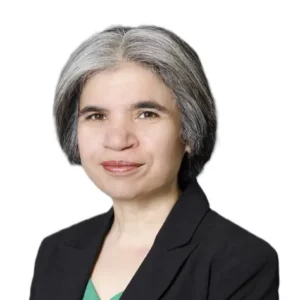In British Columbia, getting a child diagnosed for Autism Spectrum Disorder is a daunting task. It is usually done by a team of professionals which includes a Physician, Psychologist, and Speech-Language Pathologist.
Diagnostic process :
The following steps are typically involved in the diagnosis of autism in British Columbia:
- Referral: The first step in the diagnosis of autism is usually a referral from a family physician, pediatrician, or other health care provider.
- Screening: The individual is screened for autism using a standardized screening tool, such as the M-CHAT (Modified Checklist for Autism in Toddlers) or the SCQ (Social Communication Questionnaire).
- Assessment: If the screening indicates that the individual may have autism, a comprehensive assessment is conducted by a team of professionals. This assessment may include:
- Medical evaluation: A physician will conduct a physical examination and may order medical tests to rule out other conditions that may be causing the individual’s symptoms.
- Psychological evaluation: A Psychologist will conduct a series of tests to assess the individual’s cognitive abilities, social skills, and behavior.
- Speech-Language evaluation: A Speech-Language Pathologist will evaluate the individual’s communication skills and may conduct a hearing test.
- Diagnosis: Based on the results of the assessment, the team of professionals will determine whether the individual meets the criteria for a diagnosis of autism spectrum disorder (ASD).
- Treatment planning: If the individual is diagnosed with ASD, a treatment plan will be developed that may include a range of interventions, such as behavioral therapy, speech therapy, and occupational therapy.
Scheduling a diagnostic assessment:
British Columbia Autism Assessment Network (BCAAN) provides free diagnostic assessments for children up to age 19.











